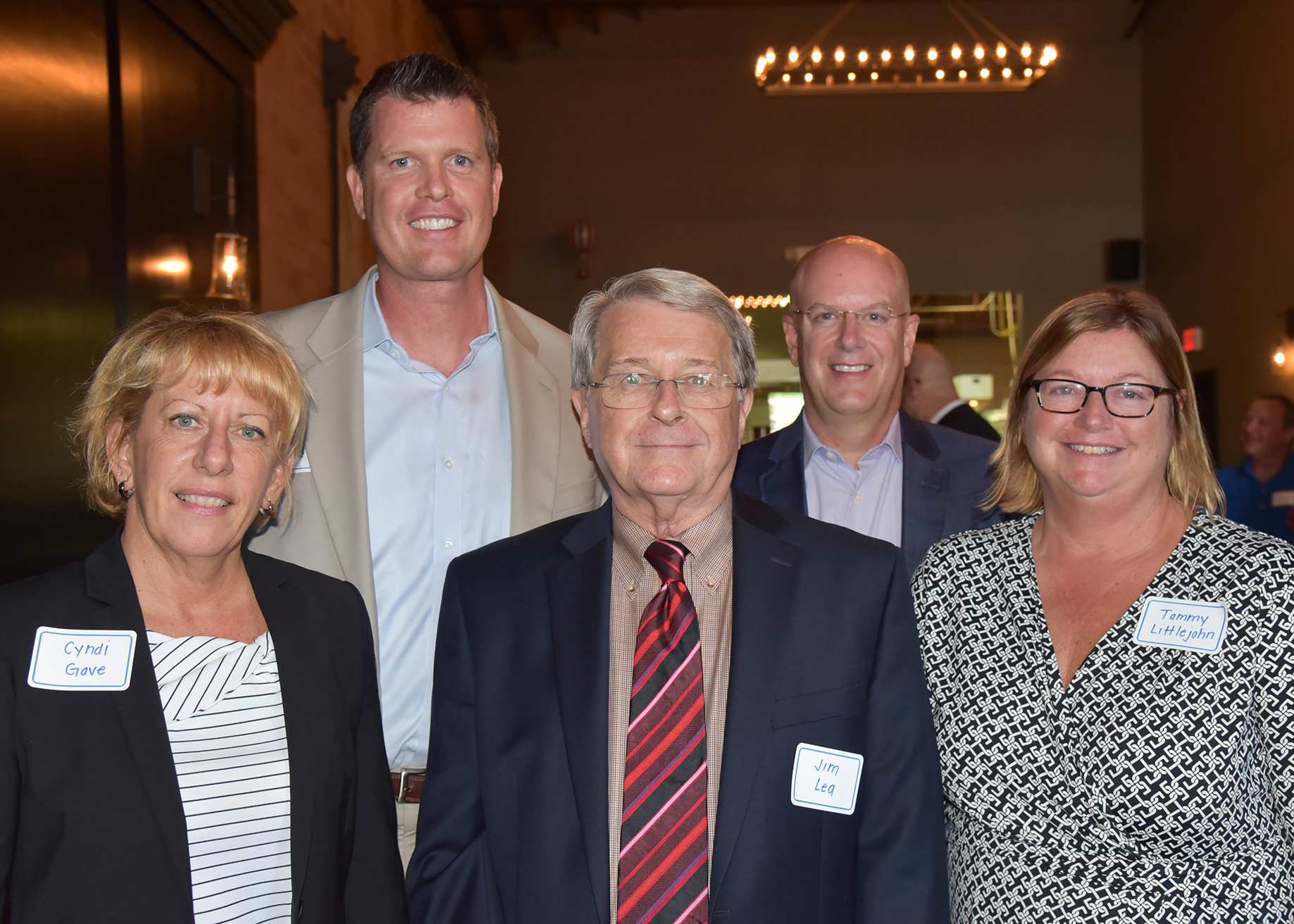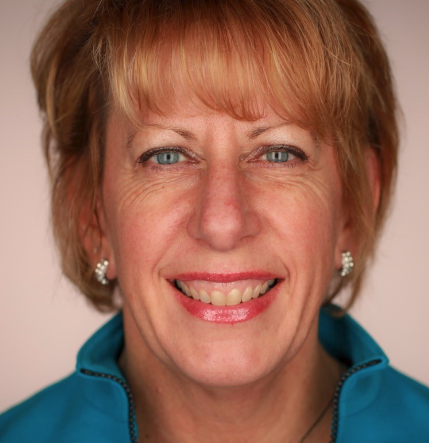Business Succession Planning Seminar: The Emotional Aspects of Selling Your Business
What we learned from the second interactive seminar of the Business Succession Planning Series.
Viking Mergers & Acquisitions held the second interactive seminar of the Business Succession Planning Series on August 23rd, 2017. We had an exceptional panel of experienced professionals discussing the emotional challenges business owners face when dealing with succession planning.
Our panelists and what they had to say about the emotional aspects of succession planning:
Dr. James Lea (Jim)– Jim is an independent advisor to family owned and other closely held businesses. For more than 20 years, he has served as a management and performance improvement trainer and consultant to the owners, executives, and directors of more than 50 U.S. and foreign companies, and has trained public and private sector managers in Iraq and Afghanistan under conflict conditions. His special professional interest is helping companies to identify and resolve performance and relationship issues that limit business planning and sound management decision-making.
“Succession planning often times gets a bad rap- that is one of the reasons why some people tend to delay, resist, or refuse to get engaged altogether. You hear too many bad things- “It tears the family apart, parents get caught out of the action, etc.” This is not so. Succession planning can be the most rewarding and exhilarating efforts that a family in business makes together.”
“Over the course of time, I have learned a few lessons. First of all, succession is not an event, it is a process. For most companies the longer the process, the better. Family owned and managed business is unlike any other business organization. Family dynamics trump business practices almost every time. The two must be integrated and strategically planned together. To successfully identify, address, and resolve the challenges involved in not only succession planning, but in the daily management of a family company, it takes will. If you’re not willing to do it- don’t get started.”
Cyndi Gave- Cindy is the owner of The Metiss Group and has over 20 years experience as a behavior expert in the workplace. As a student of human behavior, Cyndi’s approach to solving workplace performance issues are practical, effective, demonstrable and intuitive. As a business leader and entrepreneur at heart and in practice, Cyndi demonstrates her passion for aligning talent management strategies to business objectives. As an expert speaker, Cyndi shares the insights gained from advising CEOs and leaders in team selection, performance, and growth.
“We focus on the people piece which is more around transition. A lot of succession planning has to do with getting clarity around what the CEO does right now. A lot of times we find there are two primary questions that the CEO struggles with in going back and forth. One is- “Who in my company can do everything that I do?” The answer is- no one. Because as founders, we will do things for our little baby, this thing we get our identity from, that nobody else in their right mind will do. No CEO that has built a legacy wants to see their business run into the ground. The next piece is- “Wait a minute, I’m not going to be CEO. What am I going to do with my time?” It is important to define what the CEO’s new job is going to be, and to give clarity on what is coming next.”
“The next step is to find the succession role. What is that role going to look like once the business has been taken over? What development plan do we need to prepare for those taking over those responsibilities?”
Mark Linsz- Prior to co-founding My Next Season, Mark spent twenty-seven years at Bank of America in various senior management positions, including Corporate Treasurer. In addition, Mark has been a member of the Board of Directors of BlackRock, Deposit Trust and Clearing Corporation (DTCC), and Opportunity International. He currently sits on the boards of Corporate Capital Trust II and CNL Strategic Capital, which invest primarily in the debt and equity of privately owned companies, as well as LifeNet International and African Bible Colleges. The mission of My Next Season is to provide a bridge for retiring executives transitioning from corporate careers oriented around productivity, to a life seasons anchored in purpose.
“There is a process of what to do next, starting with constraints- whether it be geographic, financial, aging parents, etc. Then getting into what you like to do, what you don’t like to do, and focusing on what you will do with your time and what your plan and purpose is. There is a correlation between finishing well and what you do next. It is extremely important to finish well and to have that in place versus coming to a mess.”
Tammy Littlejohn, MA LMFT– Tammy is a licensed marriage and family therapist with extensive experience with family businesses including couples in business, transitions in careers and succession planning. Her previous 20-year career was in her own family business which sold in 2003. Tammy is the owner of Wind & Water Consulting in Cornelius, NC, where she is a family business consultant, speaker, and coach.
“I always start with the question – “do you know what you can have when you are finished with this piece of your life?” Fortunately, we look at profitability and include financial peace, but also focus on joy, charity, hobbies and what the business owner’s passions and desires are. We focus on- “what makes you happy?” There are many times where business owners don’t know the answers to these questions.”
Key takeaways from the event:
- It is important to define what the CEO currently does and what they will do afterward. This can oftentimes be a complex process that has a number of factors to be considered. A professionally facilitated process can be very helpful in identifying and navigating these emotions.
- Make a plan and execute on the plan.
- For family businesses, family dynamics and business practices must be integrated into the strategic plan.
- It takes will in order to identify, address and resolve the challenges associated with any succession plan, but failure to plan is planning to fail.
- No matter what the plan, EXECUTE IT! A mediocre plan vigorously executed beats a great plan poorly executed every time!








